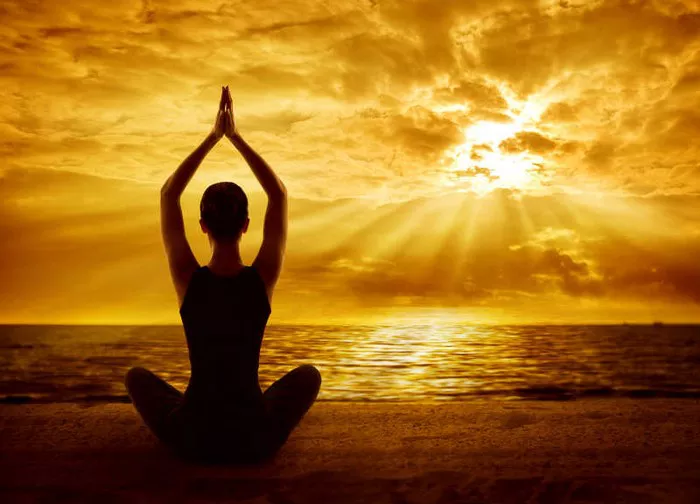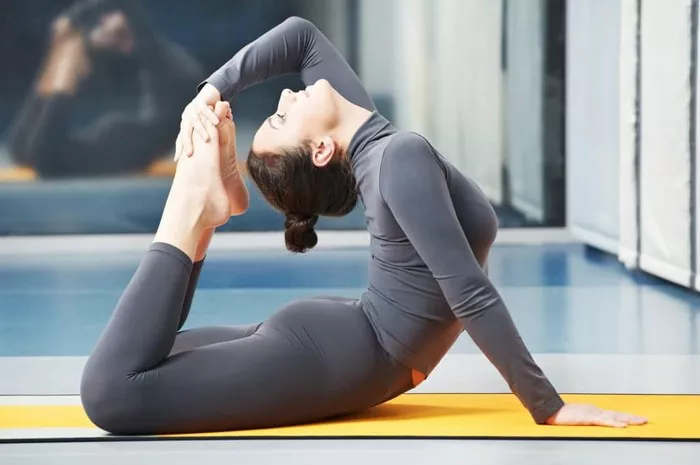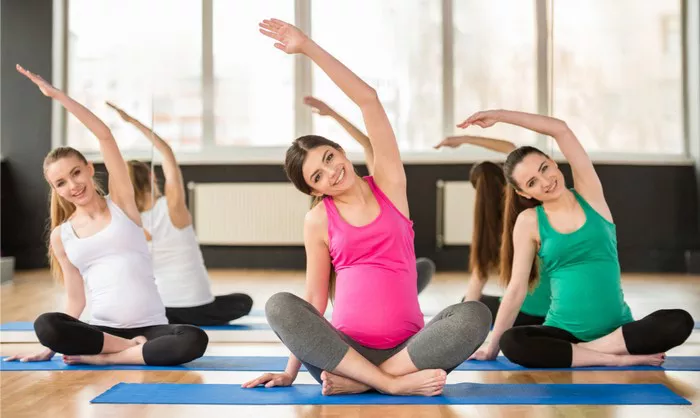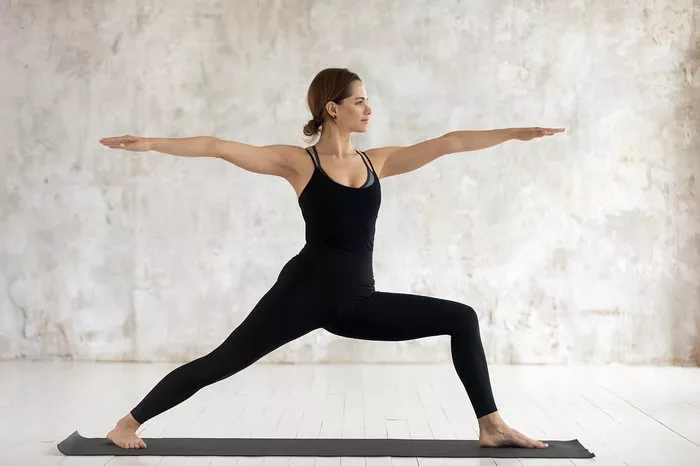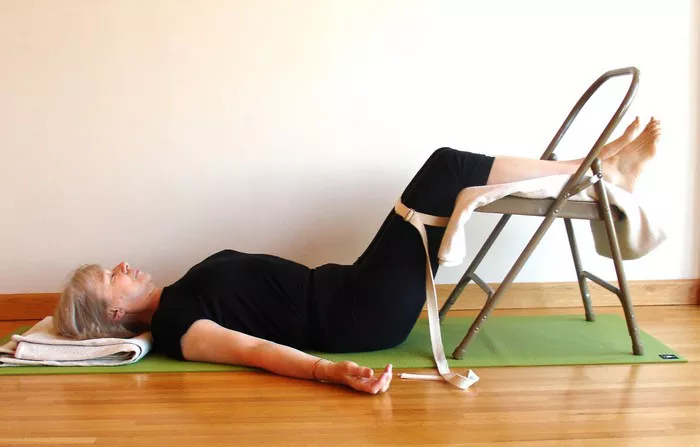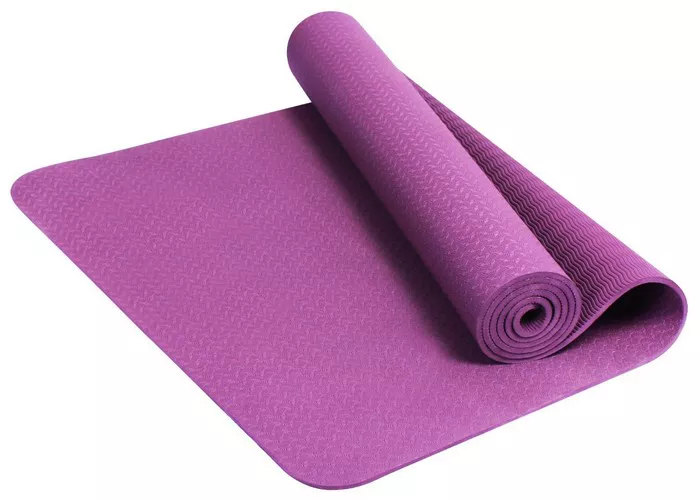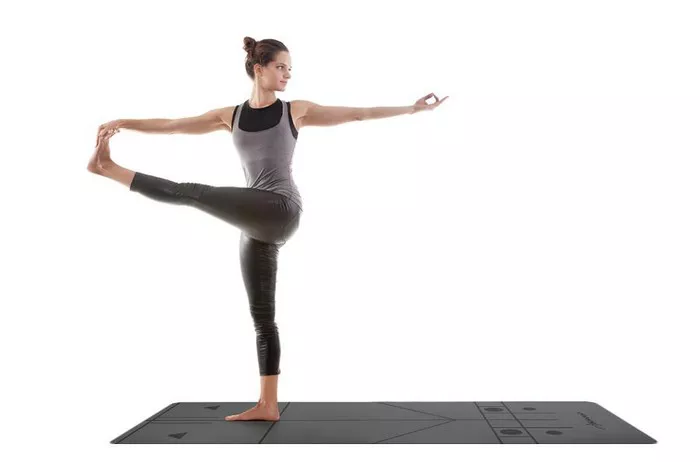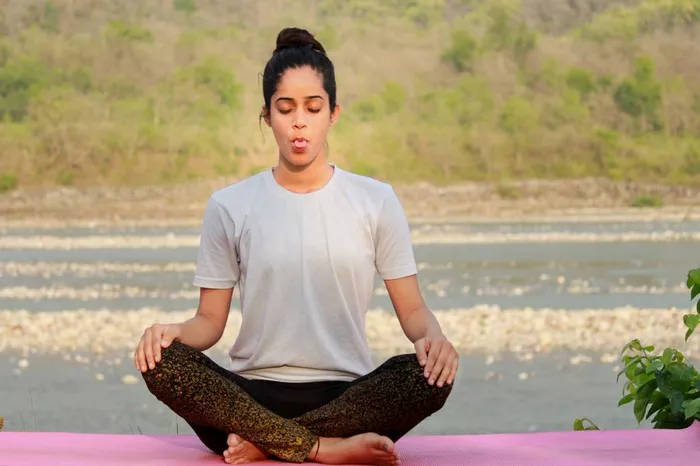In recent years, the practice of yoga has gained widespread popularity across the globe, transcending cultural and religious boundaries. Originating in ancient India, yoga encompasses physical postures, breathing exercises, and meditation techniques aimed at promoting physical, mental, and spiritual well-being. However, for some believers, particularly within certain religious traditions, the compatibility of yoga with their faith raises questions and concerns. In this article, we delve into the debate surrounding whether believers should engage in yoga practice, providing precise answers to pertinent inquiries.
Understanding Yoga: A Holistic Approach to Well-being
Before delving into the compatibility of yoga with various religious beliefs, it is essential to comprehend the essence of yoga itself. At its core, yoga is a holistic discipline that seeks to harmonize the body, mind, and spirit. It encompasses a diverse range of practices, including physical postures (asanas), breath control (pranayama), concentration techniques (dharana), and meditation (dhyana). These practices are designed to cultivate self-awareness, promote relaxation, enhance flexibility and strength, and foster inner peace and balance.
Yoga and its Roots in Hinduism
One of the primary concerns for believers contemplating yoga practice is its association with Hinduism. Indeed, yoga has its roots deeply embedded in ancient Hindu philosophy and spirituality. The term “yoga” itself is derived from the Sanskrit word “yuj,” meaning union or yoking, suggesting a connection with the divine. Classical yoga texts such as the Yoga Sutras of Patanjali and the Bhagavad Gita elucidate the spiritual dimensions of yoga, outlining paths to self-realization and union with the divine.
Yoga as a Non-Religious Practice
Despite its origins in Hinduism, many proponents argue that yoga can be practiced independently of religious beliefs. In contemporary times, yoga has evolved into a secular discipline accessible to people of all faiths and backgrounds. Modern yoga classes often focus primarily on physical postures and breathing techniques, with minimal emphasis on spiritual or philosophical aspects. From this perspective, yoga is viewed as a form of exercise and stress management rather than a religious practice.
Yoga and Christianity: Finding Compatibility
For Christian believers, the question of whether yoga aligns with their faith is a topic of debate. Some Christians express concerns about yoga’s perceived association with Eastern spirituality and its potential to lead practitioners away from their Christian beliefs. However, others argue that yoga can be compatible with Christianity when approached with discernment and a focus on its physical and mental benefits.
Yoga and Islam: Exploring Permissibility
Within the Islamic tradition, opinions regarding the permissibility of practicing yoga vary among scholars and communities. Some Muslims view yoga as permissible as long as it does not involve participation in rituals or beliefs contrary to Islamic teachings. However, others express reservations about yoga’s spiritual origins and caution against engaging in practices that may compromise one’s Islamic faith.
Yoga and Judaism: Seeking Balance
Similarly, within the Jewish community, opinions on yoga vary, reflecting a spectrum of perspectives on its compatibility with Jewish beliefs and practices. While some Jewish practitioners embrace yoga as a means of enhancing physical and mental well-being, others approach it cautiously, mindful of its potential spiritual implications. For many Jewish believers, finding a balance between the physical benefits of yoga and adherence to Jewish principles is paramount.
Practical Considerations for Believers
For believers navigating the decision to engage in yoga practice, several practical considerations may help inform their approach:
1. Understanding Intent and Purpose: Clarifying one’s intentions behind practicing yoga can provide clarity and guide decision-making. Whether the goal is physical fitness, stress relief, or spiritual exploration, aligning yoga practice with personal beliefs and values is essential.
2. Discernment and Discernment: Practicing discernment involves critically evaluating the content and context of yoga classes or programs to ensure compatibility with one’s religious convictions. Choosing instructors and settings that prioritize a secular approach to yoga can mitigate concerns about spiritual conflicts.
3. Adapting Practices: Believers may choose to modify or adapt certain aspects of yoga practice to align with their religious principles. This might involve omitting or replacing specific chants, mantras, or spiritual invocations with neutral or affirming language.
4. Seeking Guidance: Consulting with religious leaders, mentors, or practitioners within one’s faith community can offer valuable insights and guidance on navigating the intersection of yoga and religious beliefs. Engaging in open dialogue and seeking informed perspectives can foster a deeper understanding of the issues at hand.
Conclusion
The question of whether believers should do yoga is multifaceted, touching upon matters of spirituality, culture, and personal conviction. While yoga’s origins in Hinduism may raise concerns for some believers, others view it as a non-religious practice conducive to physical and mental well-being. Ultimately, the decision to engage in yoga rests with individual believers, who must carefully consider their own beliefs, values, and intentions. By approaching yoga practice with discernment, respect for religious diversity, and a commitment to personal integrity, believers can navigate this complex terrain with wisdom and grace.

